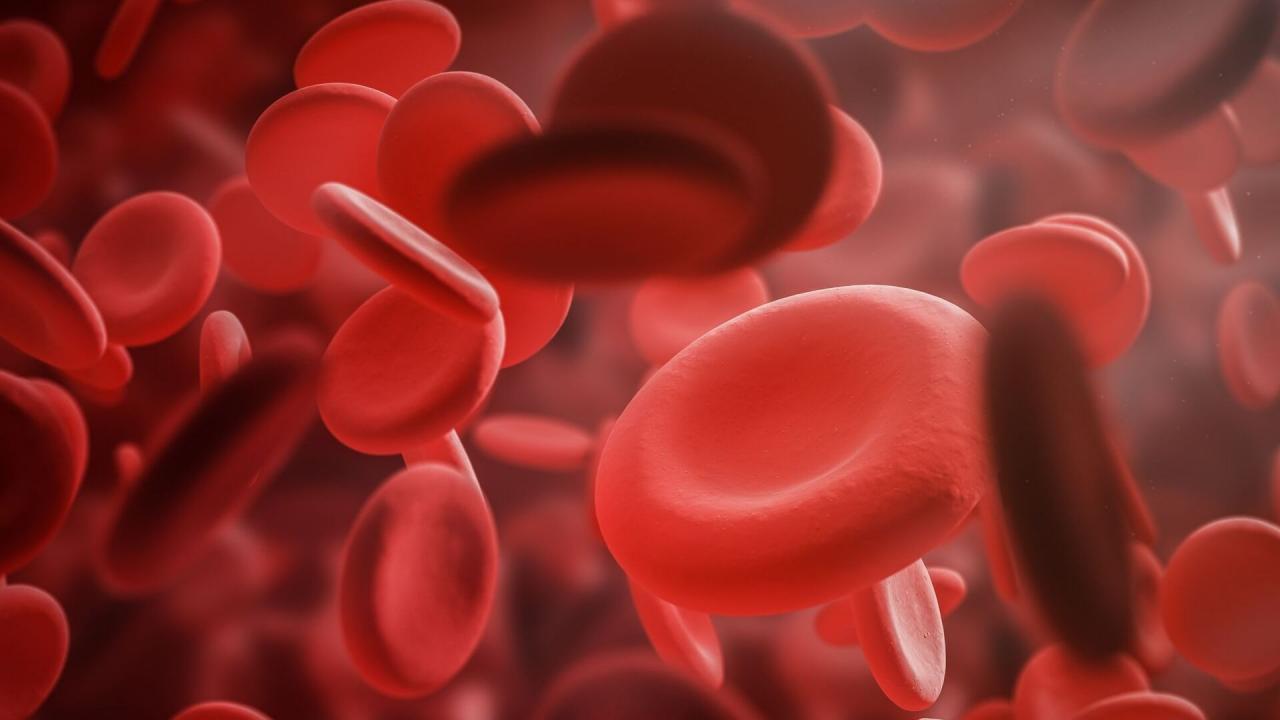 MonkeyBusiness Images/PhotoSpin
MonkeyBusiness Images/PhotoSpin
The holidays are upon us and many will be driving or flying to see family to celebrate. In our rush to arrive, we tend to sit too long in the car or an airplane, particularly if we are running late or the seating is overly cramped so it feels inconvenient get up.
This puts us at risk of developing blood clots in our legs or arms, also known as deep vein thrombosis (DVT). These clots are potentially dangerous if they travel through our blood stream to our lungs and cause a pulmonary embolus.
According to Harvard health, “Pulmonary embolism kills about one in five people who have one.”
People at risk of developing a DVT are those who smoke, are obese or have a family history of clot development. Certain medical conditions that affect clotting may also put some at risk such as having cancer, lung diseases or inflammatory bowel disease.
Women who take birth control pills need to be on alert. Anyone who has been immobilized for a long period of time, such as those with bone fractures, the elderly, or those recovering from major surgery to their abdomen, pelvis, hip or leg could also develop a DVT.
Signs and symptoms of a DVT should not be ignored. If you develop tenderness in your calf that does not go away, swelling of a limb, change in color or the limb feeling warmer than the other, you could have a DVT.
A pulmonary embolism can cause difficulty breathing, chest discomfort that increases on inspiration, coughing up blood, increased heart rate and possible lightheadedness or fainting.
Tips to avoid developing blood clots when traveling:
1. Move your legs often.
Try not to cross them and do not store luggage at your feet so you have enough room to move them about.
2. Get up and walk every two hours.
Flex and point your toes several times every hour while seated to keep the blood moving in your legs. Some people wear compression stockings when flying.
3. Drink water.
Avoid alcoholic drinks the night before and during the flight so you stay hydrated.
4. Talk to your doctor.
If you recently have had surgery or have been ill, check with your doctor about any risks you may have flying.
If you or your family member develops symptoms of a DVT or a pulmonary embolism, go immediately to an emergency room or urgent care facility to be evaluated.
A little bit of prevention may go a long way so that time with your family is not interrupted with an unexpected health problem.
Sources:
Clots & Travel. American Society of Hematology. Web Nov. 24, 2013.
http://www.hematology.org/Patients/Blood-Disorders/Blood-Clots/5234.aspx
Blood clots: 4 things you need to know. CNN Health. Web Nov. 24, 2013.
http://thechart.blogs.cnn.com/2012/12/31/blood-clots-4-things-you-need-t...
On the alert for deep-vein blood clots. Harvard Health. MAY 2009. Web Nov. 24, 2013.
http://www.health.harvard.edu/newsletters/Harvard_Heart_Letter/2009/May/...
Michele is an R.N. freelance writer with a special interest in woman’s healthcare and quality of care issues. Other articles by Michele are at www.helium.com/users/487540/show_articles
Edited by Jody Smith





Add a CommentComments
There are no comments yet. Be the first one and get the conversation started!